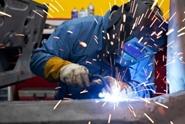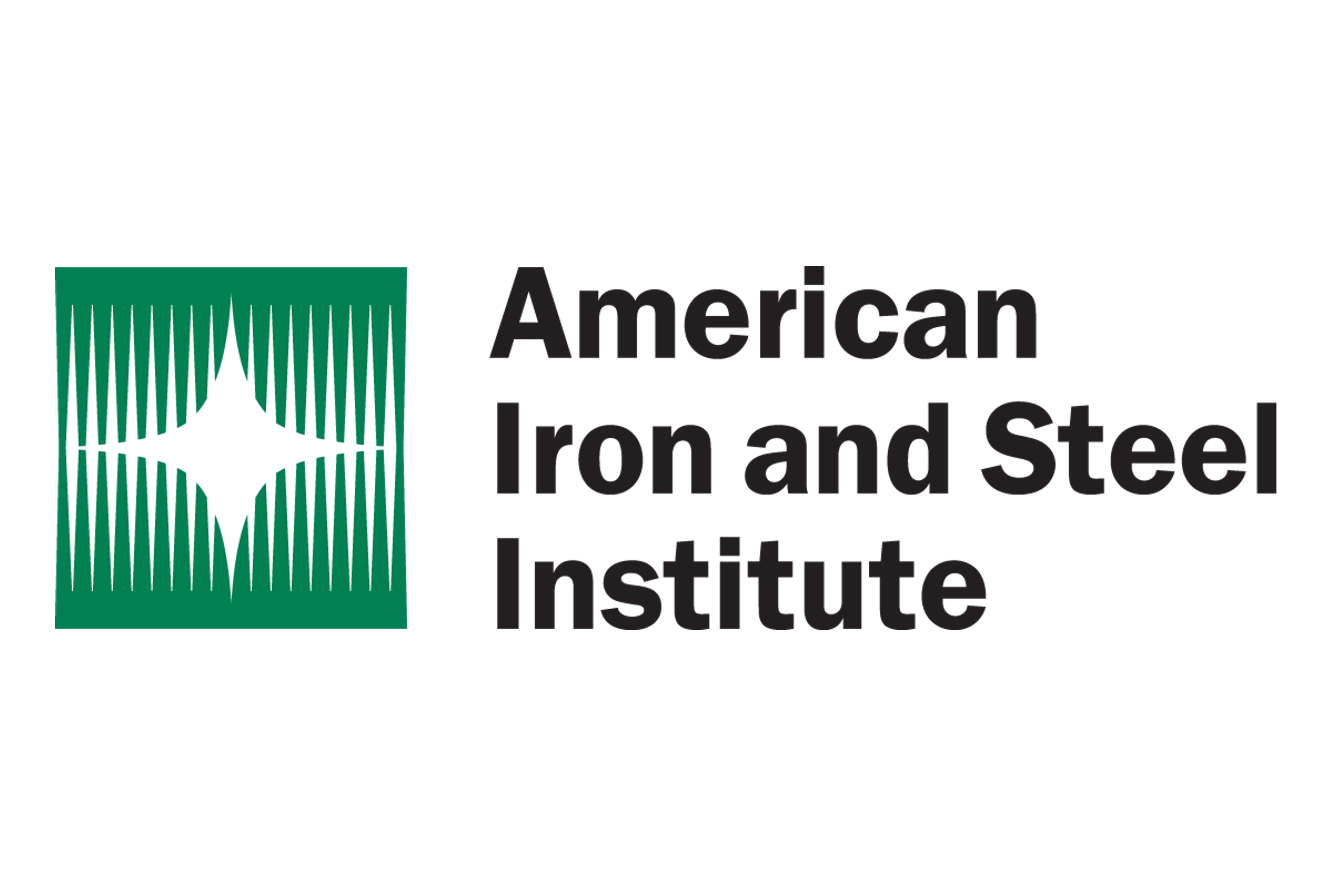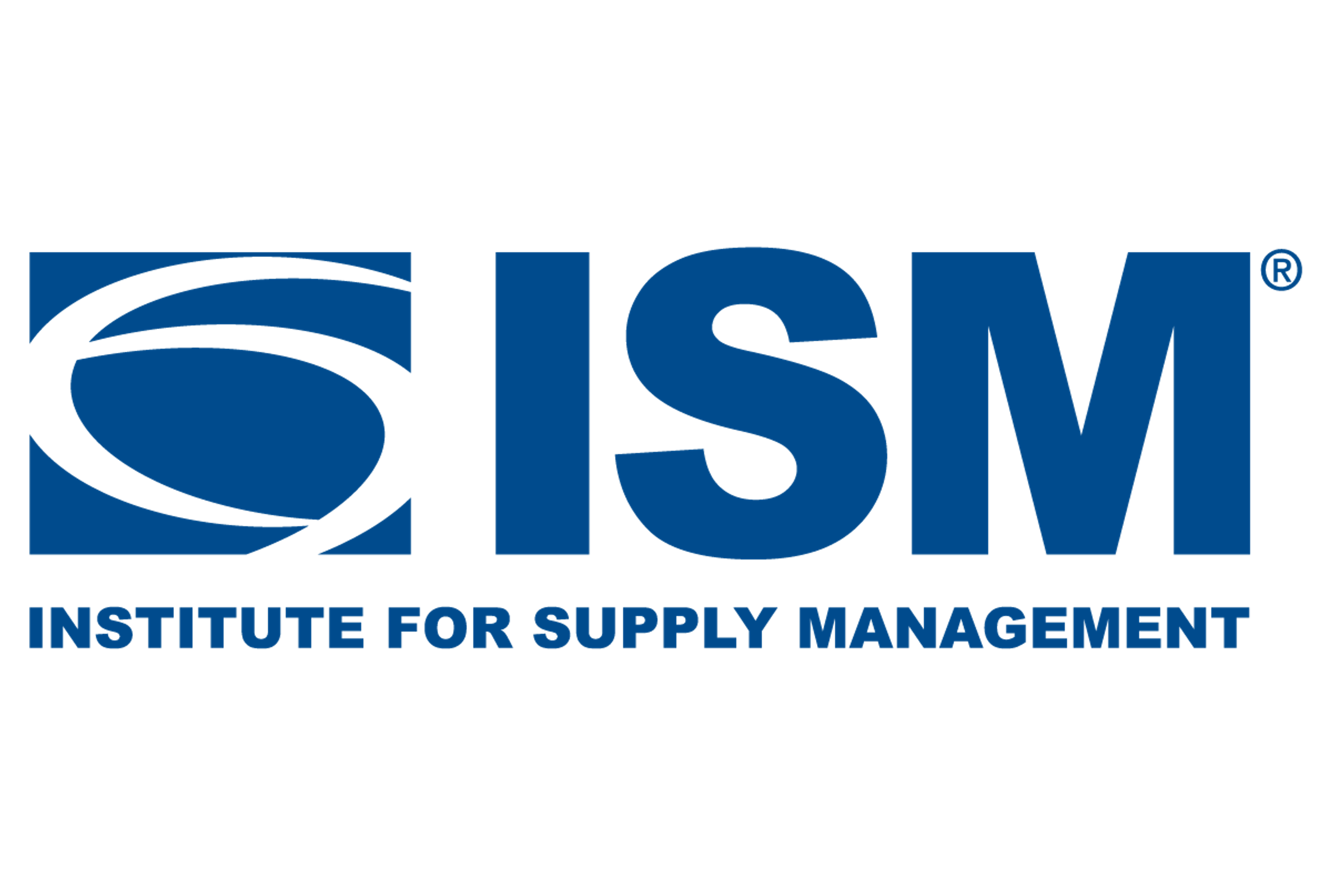Market Data

April 27, 2017
Manufacturing Eases in Kansas City in April
Written by Sandy Williams
The Tenth District joins the Dallas and Richmond Federal Reserves in reporting slower manufacturing activity in the region. The Federal Reserve Bank of Kansas City in its April Manufacturing Survey reported its month-over-month composite index was 7 in April, after readings of 20 in March and 14 in February.
Most of the indexes that make up the composite fell in April. New orders, production and shipments were positive but down from the previous month’s readings. The employment index dropped from 17 to 14.
![]() New orders for exports gained 2 points on the index, registering 4. Inventories for raw and finished goods fell moderately during the month after two months of increases. The index for finished goods pricing declined four points to a reading of 5. Pricing for raw materials increased.
New orders for exports gained 2 points on the index, registering 4. Inventories for raw and finished goods fell moderately during the month after two months of increases. The index for finished goods pricing declined four points to a reading of 5. Pricing for raw materials increased.
Manufacturers’ expectations for future activity fell after historical highs in March. The future composite index dropped from 32 to 17 with future orders, shipments, production, and order backlogs also retreating. Future raw material inventory Index decreased along with future costs. The future finished goods inventory is increased modestly while the price index eased downward slightly.
Survey respondents had the following comments:
“Business is steady. We are still having issues finding qualified people to fill some of our skilled positions.”
“Energy related business has increased making a big difference in our top and bottom line. We are grateful for this business, but continue to seek new business unrelated to energy.”
“The global economy still demands competitiveness and we constantly strive to be more productive and efficient. The strength of the dollar is a challenge for exporting right now and we have adjusted accordingly.”
“We see the economy containing tremendous optimism for the current administration on the expectation that reduced regulation, or perception of excessive persecution of business activity, combined with changes in tax law, trade law and health care will stimulate growth.”
“It is difficult to gain new business without poaching off the competition. This tends to erode margins. We have a lot of foreign competition in several key product lines which is difficult to combat because of their price points.”
“Slow first quarter but some pickup in new order bookings in March. Lots of customer projects being discussed, but they seem to be slow to actually pull the trigger on placing orders.”
“International volumes have declined by 50% over the past two years. We have had to offset that decline with more North American business. We are hopeful that the international business will improve in 2017, or at least stay even from 2016. This should allow us to increase our revenue by 5% and decrease the pricing pressure as well.”







